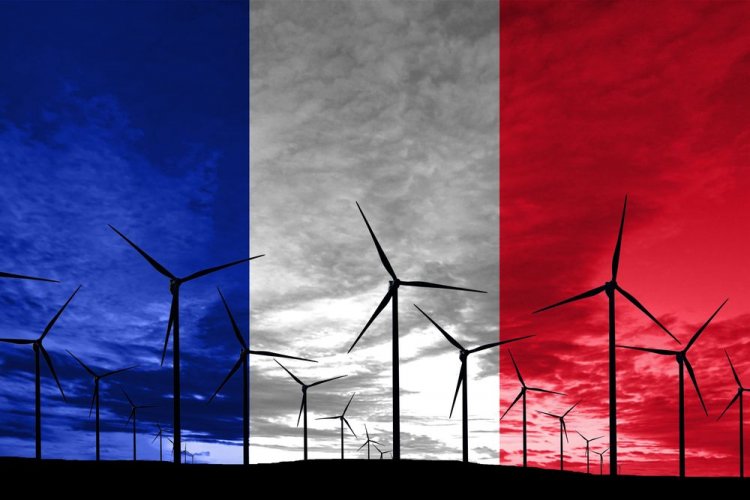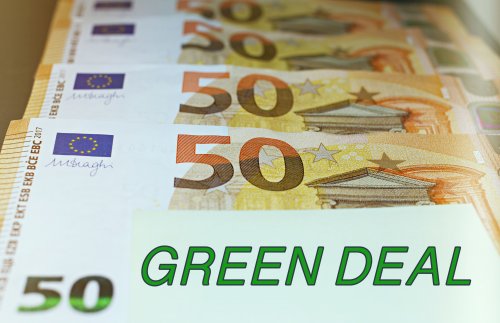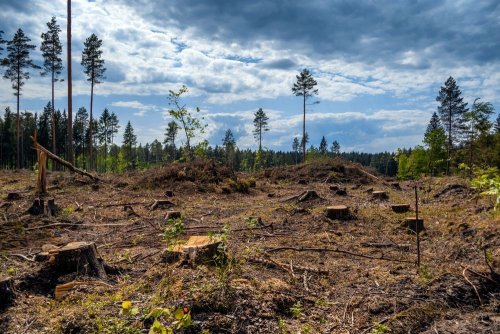France's energy ministry said the country will include EU climate targets in its future laws on environmental and energy planning, making up for delays in submitting an updated National Energy and Climate Plan.
For this, the working groups recommend reducing energy consumption by 25-30% by 2030, and increasing the use of renewable electricity (by 30%) and heat (by 60%), reports Euractiv.
Such targets are said to be twice the target set in the latest National Energy and Climate Plan submitted to the European Commission in 2021. Over the past four years, the EU has set itself the goal of reducing greenhouse gas emissions by 55% from 1990 levels by 2030 and achieving a 42.5% share of renewable energy by the same date, while reducing energy consumption by 11.7%.
The previous recommendations of the working groups, which bring together political, economic and public organizations, emphasize the need to electrify the French energy balance and reduce energy consumption. The recommendations also provided a list of priority directions:
- energy sufficiency;
- energy efficiency;
- development of nuclear energy;
- development of green energy – increase of offshore wind energy from 0.5 GW to 18 GW, land-based wind turbines – from 21 GW to 35 GW, SES – from 16 GW to 60 GW;
- support of reserve capacities of thermal energy;
- promoting innovation and decentralized decision-making.
"Although not all the details have been worked out, this is the most serious and clear environmental planning work, especially from an energy perspective, that has been done in a long time," said Energy Minister Agniesz Pagnier-Runacher. "As far as I know, I have no European colleagues with the same depth of work."
Pannier-Runacher's office is said to have confirmed that the plan currently being prepared will take into account EU targets voted in recent months. However, part of the environmental community emphasizes the insufficiency of such goals to achieve climate neutrality.
The article emphasized that the law on energy and climate planning and two other documents supplementing it – the National Low Carbon Strategy (NLS) and the Multi-Year Energy Program (BEP) – have been postponed several times since July 2022. It is unlikely that the French laws will be updated before the end of autumn or even until the end of 2023. However, the adoption of the National Energy and Climate Plan for the period 2023-2030, which must be submitted to the European Commission in June, does not depend on whether these legislative norms have been adopted or are at the stage of adoption.
Earlier, EcoPolitic wrote, that deputies of the European Parliament voted for a resolution to increase the share of renewable energy to 42.5% by 2030 in the overall energy balance of member states.
As EcoPolitic previously reported, France has published a road map to reduce carbon emissions by 50% by 2030 compared to the level of 1990.





